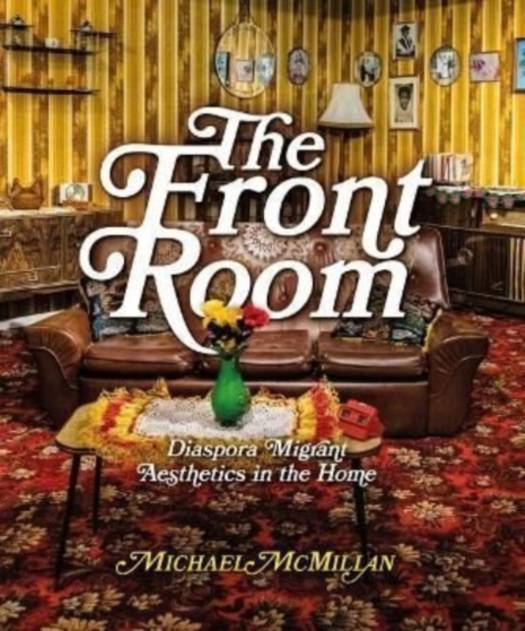
- Afhalen na 1 uur in een winkel met voorraad
- Gratis thuislevering in België vanaf € 30
- Ruim aanbod met 7 miljoen producten
- Afhalen na 1 uur in een winkel met voorraad
- Gratis thuislevering in België vanaf € 30
- Ruim aanbod met 7 miljoen producten
Omschrijving
The Front Room: Diaspora Migrant Aesthetics in the Home, originally published in 2009, has become a beloved and much-praised source, providing fascinating revelations into the post-war British experience of immigrants, the decoration of their living spaces and their position in society in relation to decolonisation. The 'front room' (emanating from the Victorian parlour) provides an outlet to respond to the feelings of displacement, exile and alienation and the rebuilding of a home in a strange land. Primarily concerned with Caribbean homes, The Front Room also looks at Moroccan, Surinamese, Antillean and Indonesian migrant groups in Holland--encompassing, through texts, archival documents and artistic photographs, the important cultural markers that are expressed through the domestic interiors of migrants. The author examines how this intimate space within the home raises issues of class, race, migration, aspiration, religion, family, gender, identity and alienation. He also looks at the transition from the colonial post-colonial modernity by placing the book in the context of his own family's migrant experience.
While this revised edition includes updates of the original essays from leading social commentators Stuart Hall, Denise Noble, Carol Tulloch and Dave Lewis, as well as poems by Khadijah Ibrahiim and Dorothea Smartt, and paintings by Sonia Boyce, Kimathi Donkor and Njideka Akunyili Crosby. It also examines the iteration of the 'front room' in post apartheid South Africa and discusses how sound system culture emerged from the front room, as well as adding to the rich oral histories from different generations reflecting on their personal experiences of the front room and discussing the artefacts and objects found in them in terms of their cultural significance. The Front Room documents how the 'Windrush' generation's settlement in Britain contributed to the making of multicultural society, and raises questions about our lived experience and notions of the 'home', as many more people globally look for a roof over their heads in the 21st century. The book is richly illustrated with intriguing photographs of installations based on front rooms of the time and the contemporary living room and their associated objects.
Specificaties
Betrokkenen
- Auteur(s):
- Uitgeverij:
Inhoud
- Aantal bladzijden:
- 168
- Taal:
- Engels
Eigenschappen
- Productcode (EAN):
- 9781848225930
- Verschijningsdatum:
- 31/07/2023
- Uitvoering:
- Paperback
- Formaat:
- Trade paperback (VS)
- Afmetingen:
- 233 mm x 279 mm
- Gewicht:
- 870 g

Alleen bij Standaard Boekhandel
Beoordelingen
We publiceren alleen reviews die voldoen aan de voorwaarden voor reviews. Bekijk onze voorwaarden voor reviews.











